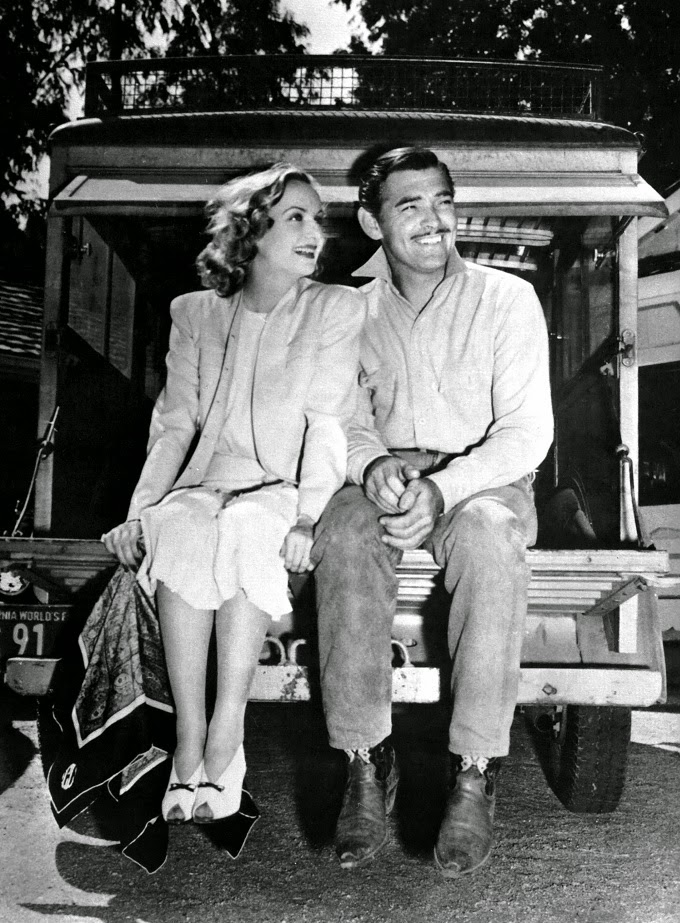________________________________________________
Helen Deutsch was born on March 21, 1906 in New York City, New York. While in her senior year at Bernard College, she worked as a play reader for the Provincetown Players in Greenwich Village. After the group disbanded, Deutsch collaborated with Stella B. Hanau to write a history of the famed theatre, "The Provincetown: A Story of the Theatre", first published in 1931.
This successful book inspired her to take up freelance writing and she began writing short stories for the now defunct Brooklyn Eagle, the Saturday Evening Post, McCalls, Ladies Home Journal and Redbook magazines. These short stories caught the attention of Hollywood, and Deutsch was hired by Metro-Goldwyn-Mayer to rewrite Theodore Reeve's screenplay adaptation of the Enid Bagnold novel, National Velvet ( 1944 ). Deutsch was faithful to the novel and yet added many subtle touches that heightened the films appeal and bits of dialogue that gave added depth to the characters.
"That'll be a dispute to the end of time, Mr. Brown : whether it's better to do the right thing for the wrong reason or the wrong thing for the right reason "
This was also the decade that she wrote what some consider her best film - Lili ( 1953 ). Based on a story by Paul Gallico ( The Three Lives of Thomasina ) it tells the delightful tale of an orphan, played by Leslie Caron, who joins a traveling circus. It also featured a memorable song, "Hi-Lilli-Hi-Lo", which was penned by Deutsch. The film earned her a Golden Globe Award, a Writers Guild of America award, as well as an Academy Award nomination. "Hi-Lilli-Hi-Lo" was considered to be a front-runner to win an Academy Award for Best Song as well, but it was deemed ineligible because some of the lyrics had previously been published and did not receive a nomination....which is just as well since Deutsch herself dismissed the song as being "dreadful".
By 1956, Helen Deutsch was tiring of the old Hollywood grind, and the Lucille Ball/Desi Arnaz comedy, Forever Darling, was the final film she made for a major studio...at least for a while. She switched to the small screen and obtained a contract with NBC which stated that she work on three specials over the next three years. Deutsch uprooted herself from California and headed back to Manhattan at this time where, in between writing for these productions ( Jack and the Beanstalk, The General Motors Fiftieth Anniversary Show, and The Hallmark Christmas Tree ), she spent her days pursuing her old love of the stage. Deutsch took on many roles in show business including helping to run a theater company, working as an assistant to the executive director for the Theatre Guild, helping to co-found the NY Drama Critics Circle ( as a protest to the Pulitzer Prize selections ), and working as a publicist and theatre critic for the NY Herald and New York Times.
In the early 1960s she was once again in the spotlight when "Carnival", based on her screenplay for Lili, was turned into a Broadway production and won a Tony Award. She also worked with Meredith Wilson in adapting his stage musical, The Unsinkable Molly Brown, for the big screen. This brought her back to Hollywood temporarily and also led to her being selected as one of the writers for Jacqueline Susann's Valley of the Dolls ( 1967 ). Deutsch was not pleased with the final film version released to the public and disavowed any association with the film. All writers have a few works that they are ashamed of, and obviously Deutsch was no different.
Writing and her love of the theatre must have absorbed quite a significant amount of her attention, but nevertheless her personal life was not devoid of romance. Helen Deutsch was briefly married to educator Spencer Pollard and then she went on to have several relationships with high profile figures ( cough-cough ). The most notable of these being Clifford Odets, the playwright.
In addition to being a talented writer, Deutsch had a number of interesting hobbies, the best of which was being an avid bibliophile. She amassed a tidy amount of rare books and manuscripts, which she generously donated to Boston University. She was also a student of medieval English, French, and German, and a Sanskrit scholar. Deutsch had a multi-faceted life indeed. She passed away at the age of 85 but left behind quite a memorable array of screen work.






































